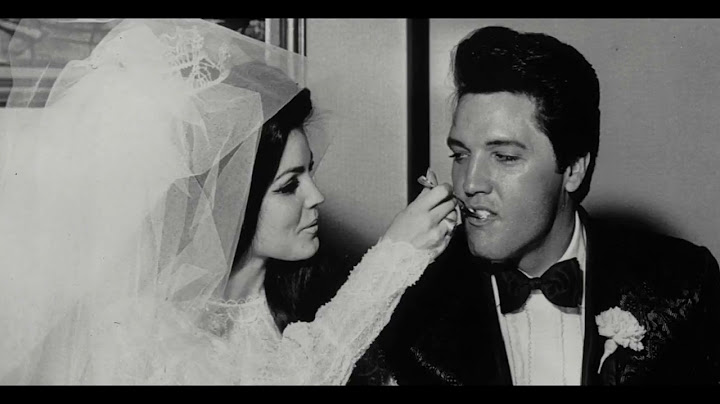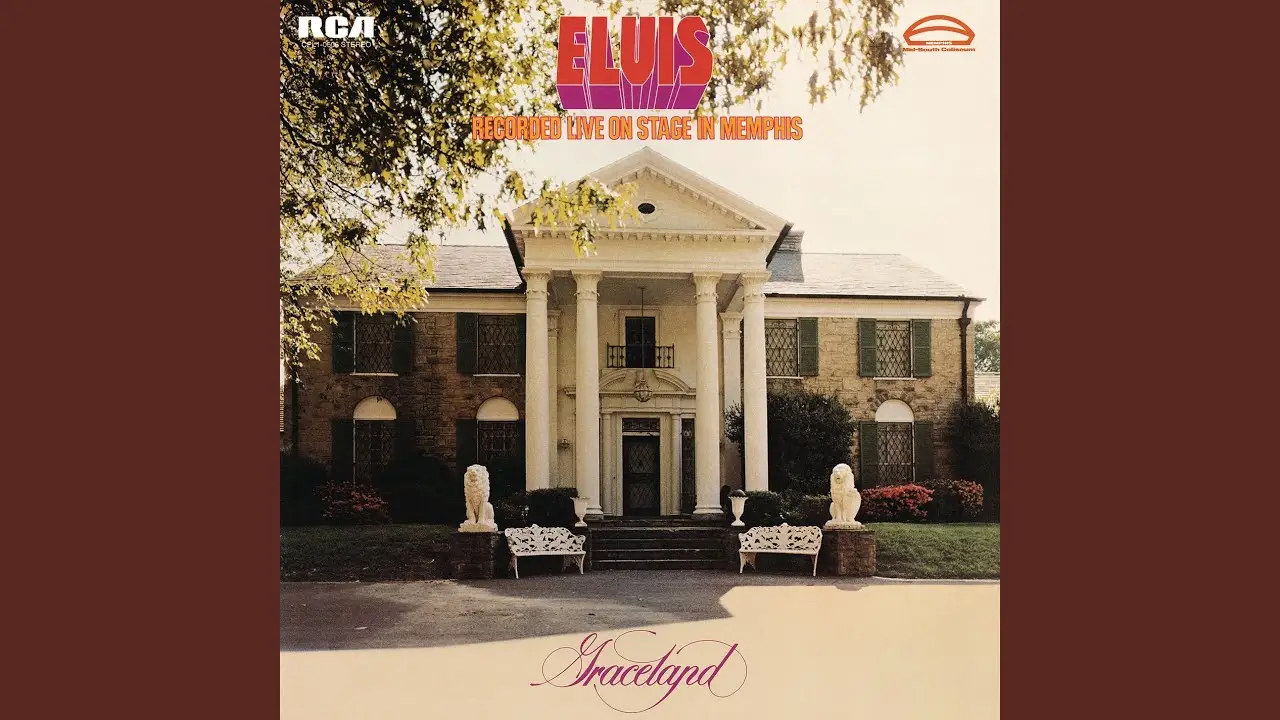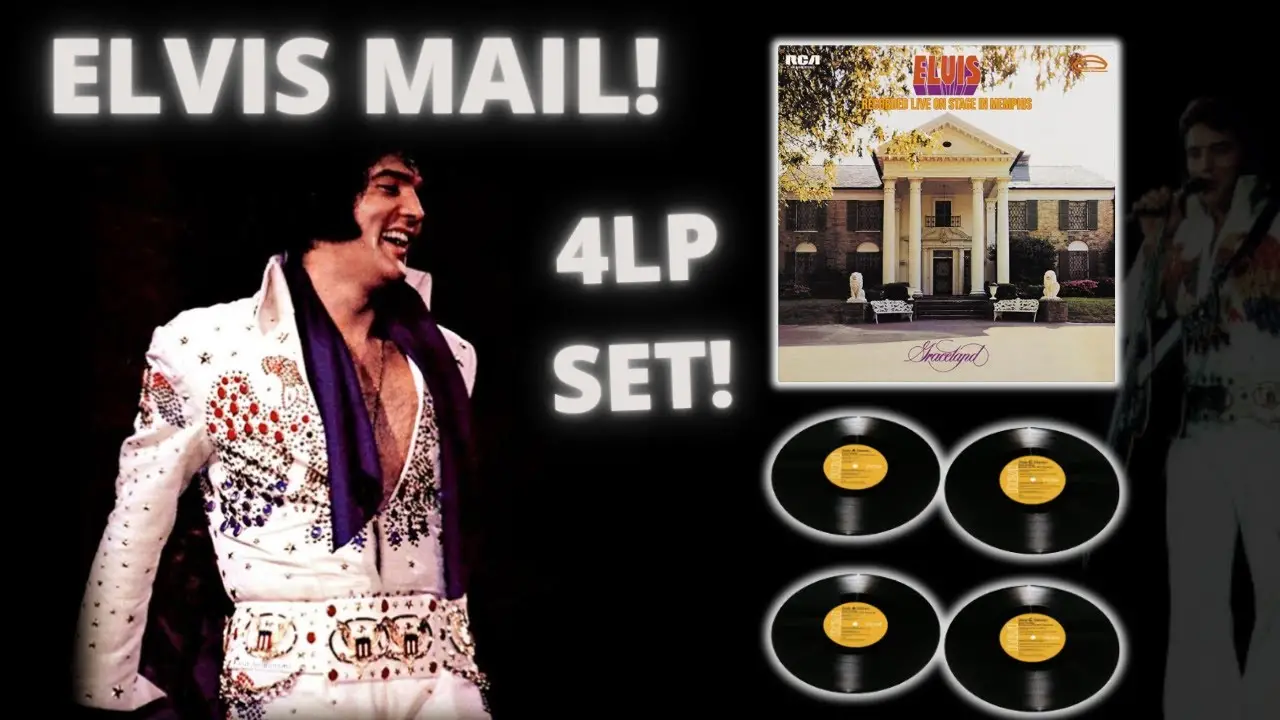The Ultimate Guide to Elvis Presley Elvis as Recorded Live on Stage in Memphis

Elvis Presley elvis as recorded live on stage in memphis, born on January 8, 1935, in Tupelo, Mississippi, would go on to become one of the most significant cultural icons of the 20th century. His unique blend of rock and roll, country, and blues, coupled with his charismatic stage presence, revolutionized popular music and challenged societal norms.
The Birth of a Legend
Elvis’s journey to stardom began in the humble surroundings of Tupelo, where he was raised in a close-knit family. His early exposure to gospel music in church and the blues on Beale Street in Memphis would later influence his distinctive sound.
- Born to Vernon and Gladys Presley
- Grew up in a two-room house in Tupelo
- Moved to Memphis, Tennessee, at the age of 13

Musical Influences
Elvis’s music was a melting pot of various genres, reflecting the diverse musical landscape of the American South. His ability to synthesize these influences into a unique style would become his trademark.
- Gospel music from church choirs
- Blues from Beale Street performers
- Country music from radio shows like the Grand Ole Opry
Elvis Presley’s ’68 Comeback Special: The Leather Suit, Steve Binder, and Cultural Impact
The Rise to Fame
Elvis’s ascent to fame was meteoric, beginning with his first single \ Right\1954. His energetic performances and good looks quickly caught the attention of both teenagers and the music industry.
| Year | Milestone |
|---|---|
| 1954 | First single released |
| 1956 | First appearance on national television |
| 1958 | Drafted into the U.S. Army |
| 1960 | Return to civilian life and music career |
Early Life of Elvis Presley
The formative years of Elvis Presley played a crucial role in shaping the artist he would become. From his humble beginnings in Tupelo to his teenage years in Memphis, each experience contributed to the development of his unique style and persona.
Childhood in Tupelo
Elvis’s childhood in Tupelo was marked by financial struggles and close family ties. These early experiences would instill in him a strong work ethic and a deep appreciation for his roots.
- Born in a two-room house built by his father
- Twin brother, Jesse Garon, was stillborn
- Began singing at the Assembly of God Church
The Ultimate Guide to Elvis Presley’s Iconic Performance of ‘Ready Teddy’

The Move to Memphis
The Presley family’s relocation to Memphis in 1948 opened up new opportunities for young Elvis, exposing him to a vibrant music scene that would fuel his passion for performing.
- Lived in public housing and low-rent apartments
- Attended L.C. Humes High School
- Worked various jobs to help support his family
Musical Awakening
It was during his teenage years in Memphis that Elvis began to seriously pursue his interest in music, drawing inspiration from the diverse sounds he encountered in the city.
- Received his first guitar as a birthday gift
- Frequented record stores and absorbed various musical styles
- Participated in talent shows and local performances
Elvis Presley’s Music Career
Elvis Presley’s music career spanned over two decades, during which he released numerous hit singles, starred in Hollywood films, and became a global cultural phenomenon. His journey from a local Memphis performer to the King of Rock and Roll is a testament to his talent and the changing landscape of American popular culture.

The Sun Records Era
Elvis’s professional career began with Sun Records, where he recorded his first singles under the guidance of producer Sam Phillips. This period saw the emergence of his distinctive sound and style.
- Recorded \’s All Right\ in 1954
- Toured extensively throughout the South
- Gained a loyal following among teenagers
The RCA Years and Mainstream Success
After moving to RCA Victor in 1955, Elvis’s career skyrocketed. He became a national sensation, topping charts and breaking records with his music and live performances.

| Year | Achievement |
|---|---|
| 1956 | Released \Heartbreak Hotel,\ his first RCA single |
| 1956 | Appeared on \The Ed Sullivan Show\ |
| 1957 | Purchased Graceland mansion |
| 1958-1960 | Served in the U.S. Army |
The Hollywood Era and Musical Comeback
Following his military service, Elvis focused on his film career while continuing to release music. The late 1960s saw a resurgence in his musical output and live performances.
- Starred in over 30 films between 1956 and 1969
- Released the acclaimed \68 Comeback Special\
- Began his Las Vegas residencies in 1969
Recording ‘As Recorded Live on Stage in Memphis’
\Elvis as Recorded Live on Stage in Memphis\ a significant album in Elvis’s later career, capturing the energy and excitement of his live performances during the 1970s. The recording took place on March 20, 1974, at the Mid-South Coliseum in Memphis, Tennessee.
The Significance of the Memphis Concert
This concert held special meaning for Elvis, as it marked his return to performing in his hometown after a long absence. The anticipation and emotion surrounding the event contributed to the electric atmosphere captured on the album.
- First Memphis concert in 13 years
- Performed to a sold-out crowd of over 12,000 fans
- Proceeds from the concert benefited the Memphis Kidney Foundation
The Recording Process
The live recording presented unique challenges and opportunities, requiring careful planning and execution to capture the essence of Elvis’s performance.
- State-of-the-art mobile recording equipment used
- Multiple microphones placed strategically around the stage
- Careful mixing and post-production to enhance sound quality

Track Selection and Album Assembly
The final album represented a curated selection of songs from the concert, chosen to showcase Elvis’s versatility and the energy of the live performance.
- 21 tracks included on the original release
- Mix of Elvis’s hits and cover songs
- Grammy Award-winning gospel medley featured
Live Performances by Elvis Presley
Elvis Presley was renowned for his electrifying live performances, which combined his powerful vocals, charismatic stage presence, and innovative dance moves. Throughout his career, his concerts evolved from small-scale shows to elaborate productions that set new standards for live entertainment.
The Early Years: Energetic and Controversial
In the mid-1950s, Elvis’s live shows were characterized by their raw energy and provocative nature, often causing controversy among conservative audiences.
- Performed at state fairs and small venues across the South
- Known for his hip-swiveling dance moves
- Nicknamed \ the Pelvis\ the press
The Comeback Era: Reinvention and Maturity
After a hiatus from live performances during his film career, Elvis returned to the stage with renewed vigor in the late 1960s and early 1970s.

| Period | Characteristics |
|---|---|
| 1968 | \68 Comeback Special\ intimate, stripped-down performances |
| 1969-1977 | Las Vegas residencies – elaborate stage shows |
| 1970-1977 | Nationwide tours – large arena concerts |
The Las Vegas Years: Spectacle and Excess
Elvis’s residencies at the International Hotel (later the Las Vegas Hilton) set new standards for live entertainment in Las Vegas, featuring elaborate costumes, large orchestras, and carefully choreographed shows.
- Performed two shows a night, seven days a week during engagements
- Introduced the iconic white jumpsuit and cape costume
- Incorporated karate moves into his stage act
Memphis: A Significant Location for Elvis Presley
Memphis, Tennessee, played a crucial role in Elvis Presley’s life and career. From his teenage years to the height of his fame, the city remained an important touchstone for the King of Rock and Roll.
Memphis as a Musical Melting Pot
The rich musical heritage of Memphis had a profound influence on Elvis’s artistic development, exposing him to a diverse range of genres and styles.
- Beale Street blues clubs
- Sun Records studio
- Gospel music traditions

Graceland: Elvis’s Home and Legacy
Purchased in 1957, Graceland became Elvis’s primary residence and a symbol of his success. Today, it stands as a museum and pilgrimage site for fans from around the world.
- 13.8-acre estate in Memphis
- Opened to the public in 1982
- Second most-visited house in the United States after the White House
Memphis in Elvis’s Music
The city of Memphis and its cultural landscape frequently appeared in Elvis’s music, both explicitly and implicitly.
- \Memphis, Tennessee\ cover of Chuck Berry’s song
- \ Black Limousine\ Elvis’s return to Memphis
- \ the Ghetto\ Memphis’s poverty-stricken neighborhoods
Reception of ‘As Recorded Live on Stage in Memphis’
\Elvis as Recorded Live on Stage in Memphis\ released to critical acclaim and commercial success, further cementing Elvis’s status as a legendary live performer.
Critical Response
Music critics praised the album for its energy and the quality of Elvis’s vocals, highlighting it as a standout live recording from his later career.
- Positive reviews in major music publications
- Noted for capturing the excitement of Elvis’s live shows
- Praised for the diversity of the setlist
Commercial Performance
The album performed well on the charts, demonstrating Elvis’s enduring popularity and the demand for his live recordings.

| Chart | Peak Position |
|---|---|
| Billboard 200 |
33 |
| UK Albums Chart |
9 |
| Canadian RPM Albums Chart |
34 |
Awards and Recognition
The album received several accolades, including a Grammy Award for the gospel medley \How Great Thou Art.\
- Grammy Award for Best Inspirational Performance (1974)
- Certified Gold by the RIAA
- Included in several \ Live Albums\ Legacy of Elvis Presley’s Live Recordings
Elvis Presley’s live recordings, including \ as Recorded Live on Stage in Memphis,\ played a significant role in preserving his legacy and introducing new generations to his music.
Capturing the Elvis Live Experience
These recordings provide fans who never had the opportunity to see Elvis perform live with a glimpse into the energy and excitement of his concerts.
- Showcase Elvis’s vocal prowess and stage presence
- Demonstrate his ability to connect with audiences
- Highlight the evolution of his live performances over time
Influence on Live Album Production
Elvis’s live albums set new standards for the recording and production of live music, influencing future artists and producers.
- Improved techniques for capturing live sound
- Increased popularity of live albums as standalone releases
- Emphasis on recreating the concert experience for listeners
Historical and Cultural Significance
Elvis’s live recordings serve as important historical documents, preserving a crucial period in the development of rock and roll and popular music.
- Chronicle changes in musical trends and audience preferences
- Reflect broader cultural and social changes of the era
- Provide insight into Elvis’s artistic development and personal life

Comparison with Other Elvis Presley Albums
\Elvis as Recorded Live on Stage in Memphis\ out within Elvis Presley’s extensive discography, offering a unique perspective on his artistry when compared to his studio albums and other live recordings.
Studio vs. Live Recordings
The spontaneity and energy of the live performance in Memphis contrasts with the polished nature of Elvis’s studio recordings.
| Studio Albums | Live Albums |
|---|---|
| Controlled environment | Raw, unfiltered performances |
| Multiple takes and overdubs | Captures mistakes and improvisations |
| Emphasis on perfection | Emphasis on energy and audience interaction |
Other Notable Live Albums
While \Elvis as Recorded Live on Stage in Memphis\ highly regarded, it’s worth comparing it to other significant live albums in Elvis’s catalog.
- \: Aloha from Hawaii via Satellite\1973)
- \Elvis in Person at the International Hotel\970)
- \ Stage\ (1970)
Showcasing Elvis’s Versatility
The Memphis album demonstrates Elvis’s ability to perform a wide range of musical styles, from rock and roll to gospel and ballads.
- Includes hits from different periods of his career
- Features cover songs and reinterpretations of classics
- Highlights his gospel influences with the award-winning medley
Influence of ‘As Recorded Live on Stage in Memphis’ on Music Industry
The release and success of \ Recorded Live on Stage in Memphis\ had a lasting impact on the music industry, influencing both artists and industry practices.
Revitalizing the Live Album Format
The album’s success helped to establish live recordings as valuable standalone releases, encouraging other artists to produce high-quality live albums.
- Increased investment in live recording technology
- Greater emphasis on capturing the concert experience
- Live albums began to be viewed as essential parts of an artist’s discography
Setting Standards for Concert Performance
Elvis’s performance on the album set new benchmarks for live shows, influencing how artists approached their concerts and stage presence.
- Emphasis on showmanship and audience engagement
- Integration of diverse musical styles within a single performance
- Incorporation of backing vocalists and large bands in rock concerts

Impact on Elvis’s Later Career
The positive reception of the album reinforced Elvis’s decision to focus on live performances in the latter part of his career.
- Continued emphasis on touring and live shows
- Further development of his stage persona and costumes
- Exploration of different musical styles in live settings
Conclusion
\Elvis as Recorded Live on Stage in Memphis\ as a testament to Elvis Presley’s enduring talent and the magnetic power of his live performances. This album not only captures a pivotal moment in the King’s career but also serves as a time capsule of a legendary artist at the height of his powers, performing in the city that shaped him.
The significance of this recording extends beyond its musical content. It represents Elvis’s triumphant return to his hometown, showcases his versatility as a performer, and demonstrates the deep connection he maintained with his audience. The album’s critical and commercial success reinforced Elvis’s status as a cultural icon and influenced the production and appreciation of live albums for generations to come.

As we continue to celebrate Elvis Presley’s legacy, \Elvis as Recorded Live on Stage in Memphis\ shining example of his artistry and the lasting impact he had on popular music. It serves as a reminder of the raw energy, emotion, and talent that made Elvis the King of Rock and Roll, ensuring that his electrifying performances continue to captivate audiences long after the final notes have faded.
